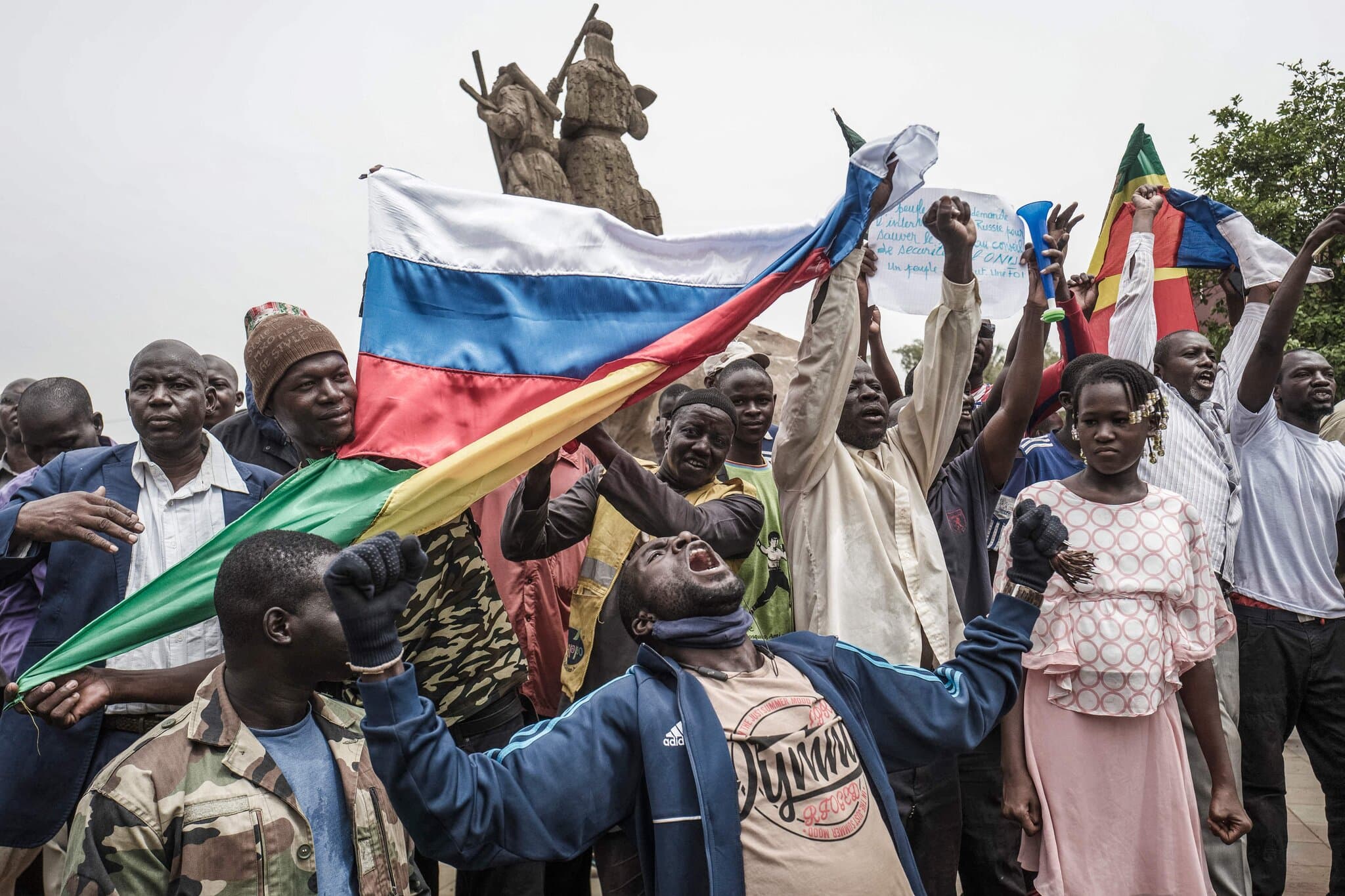We're loading the full news article for you. This includes the article content, images, author information, and related articles.
As France’s historical dominance in West and Central Africa collapses, a new geopolitical map is being drawn. For Kenya and East Africa, this shift presents both new opportunities for partnership and critical questions about the future of foreign influence on the continent.

A decades-old framework of French influence in Africa, known as "Françafrique," is experiencing a dramatic and rapid decline. This intricate web of political, economic, and military ties, established after France's African colonies gained independence in the 1960s, has shaped the continent's geopolitics for over half a century. The term itself, a portmanteau of "France" and "Afrique," was first used positively in 1955 by Ivorian President Félix Houphouët-Boigny to describe close ties with Paris. However, it was later repurposed by critics like François-Xavier Verschave in 1998 to denounce what they saw as a neocolonial system characterized by corruption, clandestine deals, and French support for authoritarian regimes to protect its interests.
At its core, Françafrique was designed to maintain France's status as a global power after the colonial era. This was achieved through several key pillars: a permanent military presence with bases in strategic countries, mutual defense pacts that justified frequent French military interventions, and deep economic integration, most notably through the controversial CFA Franc currency. The CFA Franc, used by 14 African nations, was pegged to the French franc and later the euro, a system critics argue limits economic sovereignty and benefits the French Treasury. This system was managed through close, often personal, relationships between French presidents and African leaders, facilitated by a dedicated "Africa cell" within the Élysée Palace.
In recent years, this system has begun to unravel at an unprecedented pace. A wave of military coups since 2020 in Mali, Burkina Faso, Niger, and Guinea has installed juntas openly hostile to the former colonial power. These new regimes have systematically dismantled French influence, expelling ambassadors, shutting down French media outlets, and, most significantly, demanding the withdrawal of French troops. Between 2022 and early 2025, France was forced to withdraw its military forces from Mali, Burkina Faso, Niger, and Chad. Even historically stable allies like Senegal and Ivory Coast have requested the departure of French forces, signaling a profound shift in regional sentiment.
This backlash is fueled by a potent mix of factors. There is widespread public frustration over the perceived failure of French-led counter-terrorism operations, such as Operation Barkhane in the Sahel, to contain escalating jihadist violence. This has been compounded by a rising tide of anti-French sentiment, particularly among Africa's youth, who view France's presence as a symbol of a lingering colonial legacy. The rise of new global powers like Russia and China has also provided African nations with alternative partners, reducing their dependence on Paris and offering greater room for maneuver.
While the epicenter of Françafrique's collapse is in Francophone West and Central Africa, the shockwaves are felt across the continent, including in Kenya. Unlike West Africa, Kenya does not share the same colonial history with France and is not part of the CFA Franc zone. However, France is a significant and growing partner for Kenya, which it considers its primary trade partner in East Africa. According to the French Ministry for Europe and Foreign Affairs, France is the second-largest bilateral donor to Kenya after China, with significant financing from the French Development Agency (AFD) in sectors like energy, transport, and water.
President William Ruto has publicly described France as one of Kenya's "closest allies," and both nations are co-chairing initiatives to reform the international financial system. As France recalibrates its Africa strategy away from its historical pré carré (backyard), it is actively seeking to build more balanced, reciprocal relationships with Anglophone nations like Kenya. French President Emmanuel Macron has signaled a strategic pivot towards partnerships based on economic investment, cultural exchange, and dialogue with civil society rather than military dominance.
This evolving dynamic presents several key considerations for Nairobi. The decline of France's role as the 'gendarme' of West Africa creates a security vacuum that regional bodies and other international partners may need to fill, potentially impacting continent-wide security architectures in which Kenya plays a key role. Economically, as French businesses face a more hostile environment in the Sahel, they may increasingly look to more stable and welcoming markets in East Africa, potentially leading to increased investment in Kenya. However, this also means that Kenya must navigate a complex geopolitical landscape where engaging with a retreating European power could be perceived in various ways by other African nations asserting their sovereignty. The unfolding end of the Françafrique era is a pivotal moment for the continent, forcing a re-evaluation of post-colonial relationships and creating a new space for African nations, including Kenya, to forge more equitable and self-determined partnerships on the global stage.
Keep the conversation in one place—threads here stay linked to the story and in the forums.
Sign in to start a discussion
Start a conversation about this story and keep it linked here.
Other hot threads
E-sports and Gaming Community in Kenya
Active 9 months ago
The Role of Technology in Modern Agriculture (AgriTech)
Active 9 months ago
Popular Recreational Activities Across Counties
Active 9 months ago
Investing in Youth Sports Development Programs
Active 9 months ago